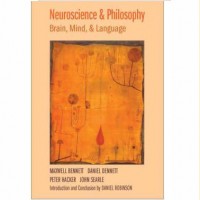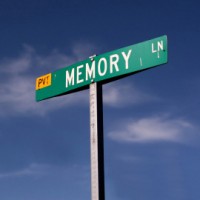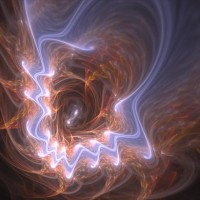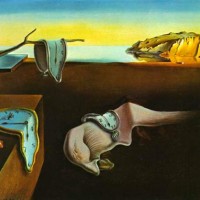This book is a good ‘ol fashion philosophers slugfest at its best. But I’m getting ahead of myself… T.H. Huxley famously said: how it is that any thing so remarkable as a state of consciousness comes about as the result of irritating nervous tissue, is just as unaccountable as the appearance of the Djin when…
Posted on February 4, 2013
In Book Reviews, by Greg
Posted on October 23, 2011
In consciousness, by Greg
Implicit memory is normally thought of as a type of memory where past experiences influence current thought and behavior, but without conscious awareness of those previous experiences. How does this work? Is there a “thing” in the brain we can point to and say “this is an implicit memory?” And is “memory” even the best…
Posted on August 29, 2011
In consciousness, by Greg
Some people say you should live without any ties to material possessions, that material goods replace the value of real valuable experiences in life. But material possessions interact causally with our conscious states, themselves causing us to have certain experiences, and allowing for interactions not possible without them. Using the role of nostalgic items in our lives, I discuss some interesting relationships between memory and the environment, and memory and consciousness.
Posted on April 18, 2011
In Book Reviews, by Greg
On the surface, a surreal and fantastical story about the intertwining narratives of a teenage boy running away from home to escape an Oedipal prophecy, and the journey of an elderly mildly retarded man who can talk to cats, doesn’t seem exactly like the kind of material I normally post about on this blog. But…
Posted on February 2, 2011
In consciousness, by Greg
Today I want to talk about memory, and what’s wrong with some of our standard conceptions of how memory works, and even fundamentally what memory is. If you open up a brain and look inside it you won’t see any memories. You don’t open up a neuron as if it was a storage container and memories come spilling out. What about a network of them makes this story any different? How the heck changes in the strength of connections between cells cause a memory to be stored and experienced later is not something cognitive science has been able to address yet.
Posted on December 14, 2010
In consciousness, by Greg
As we go through life it feels as if we live in an ever-present “now”. We are conscious of the present time and no other time. The past is but a memory, and the future is but a dream. But there are some very influential views on the nature of time which in essence state that our experience of time as a continuously extended now is an illusion






